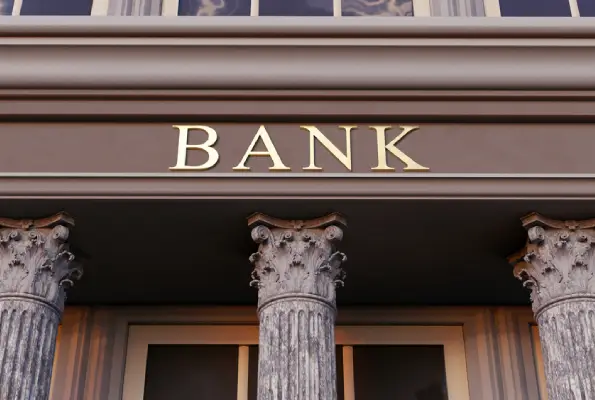Russian banking operations must end since remaining there also poses a “reputational problem,” European Central Bank policymaker Fabio Panetta stated.
The European bank with the biggest exposure to Russia is UniCredit, trailed only by Raiffeisen Bank International of Austria, while Intesa Sanpaolo is attempting to divest its operations in the nation.
“From there (Russia) you have to get out,” Panetta told reporters during the press conference after the end of the G7 finance meeting in Stresa, northern Italy.
“There are objective difficulties because getting out of Russia is complicated, you have to find a buyer knowing that you are being forced, it can be expensive, however you have to get out because there is a reputational problem,” added Panetta, the Bank of Italy governor.
Assets valued at 463 million euros (USD 502.12 million) related to a gas project that was cancelled for which the banking group had given guarantees were seized in May 2024, impacting UniCredit’s Russian branch.
According to Intesa and UniCredit, the number of possible buyers has decreased due to Western sanctions, making it more difficult to exit. This has been stated on multiple occasions.
The presidential decree that is required for a foreign bank to sell its Russian operations was obtained by Intesa in 2023.
However, the largest lender in Italy must still complete its withdrawal, awaiting approval from the Italian government and the central bank of Russia.
The CEO of UniCredit, Andrea Orcel, has consistently stated that the bank’s objective is to lessen its exposure to Russia while minimising the lender’s losses.
Orcel has said it would not be “morally correct…writing off and gifting” the group’s Russian unit.
The activity of Western banks in Russia and their progress on exit plans are being closely watched by European banking supervisors and US authorities responsible for enforcing sanctions.
The ECB must approve every transaction in addition to receiving approval from Russian President Vladimir Putin and the country’s central bank.



